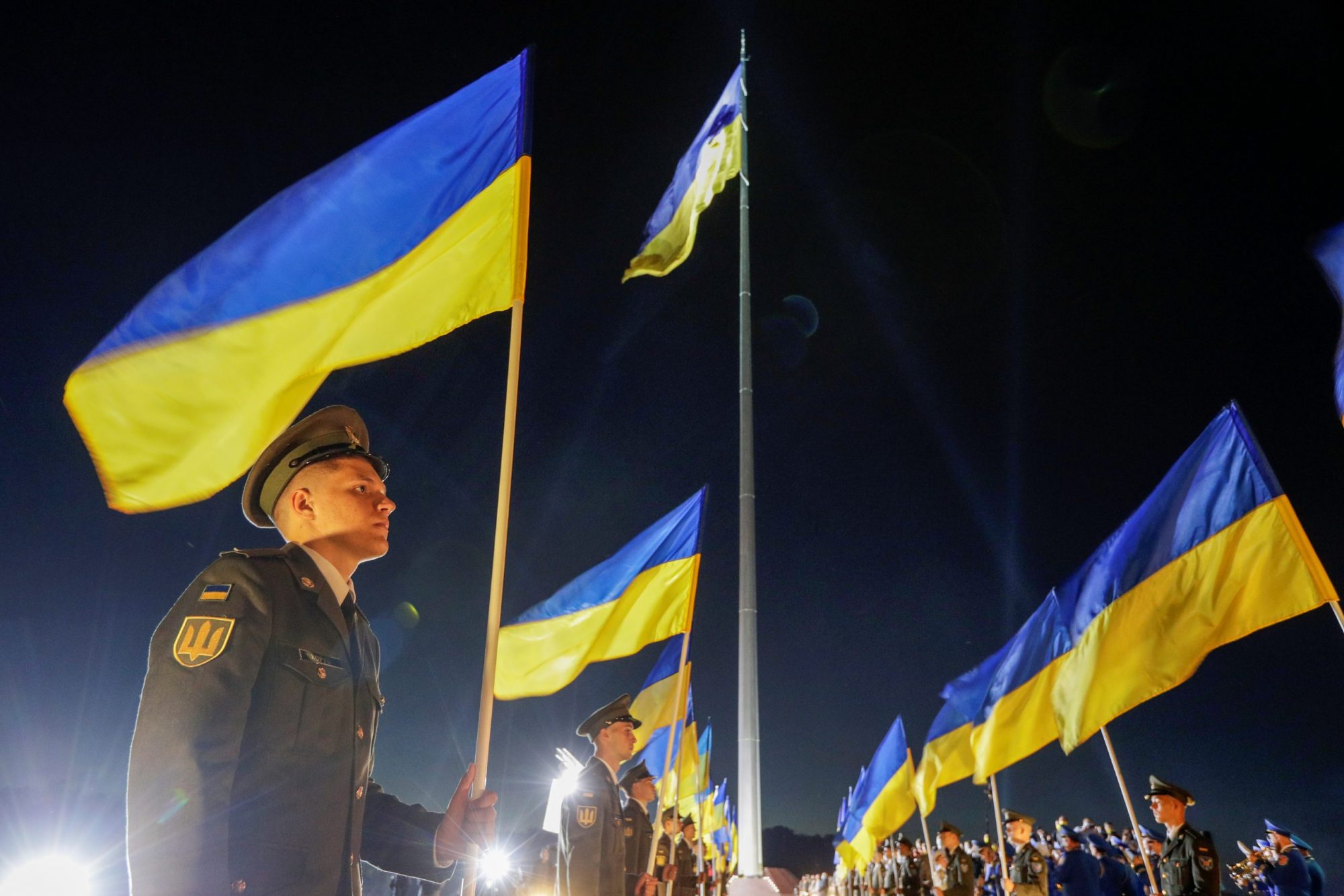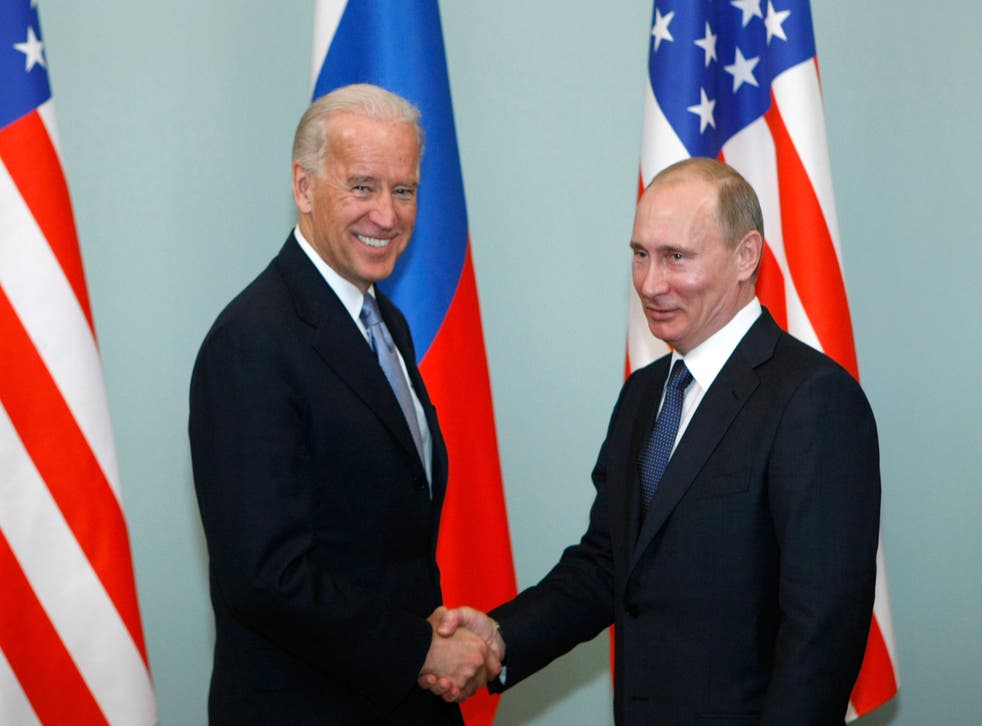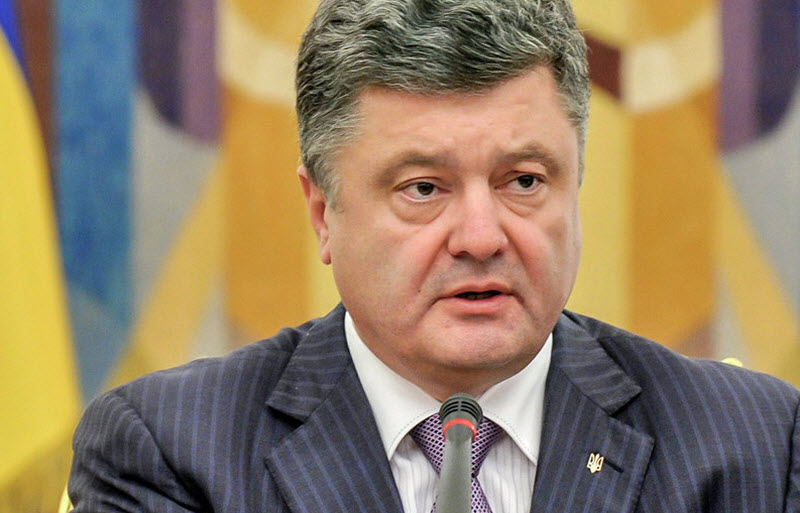
As the Ukraine crisis causes global havoc, US won’t negotiate with Russia and seems willing to “countenance” mounting hunger as a result
Aaron Maté / Substack.com
(July 2, 2022) — In 2015, one year after a US-backed coup ushered in a US-friendly, far-right-dominated government in Kiev, University of Chicago professor John Mearsheimer issued a stark warning. “The West is leading Ukraine down the primrose path,” he said. “And the end result is that Ukraine is going to get wrecked.”
Mearsheimer’s cause for concern was what he identified as a US-led campaign to convert Ukraine into a NATO proxy on Russia’s border. The events since have proved him to be both tragically prescient, and understated.
In using Ukraine to “fight Russia over there”, as Adam Schiff put it in January 2020, the US has not only sacrificed countless Ukrainian lives. Four months into Russia’s invasion, the Biden administration is signaling its willingness to sacrifice the rest of the planet, particularly the most vulnerable areas.
In an article headlined “Ukraine War Pushes Millions of the World’s Poorest Toward Starvation,” the Wall Street Journal summarizes the impact of the Ukraine war on global hunger:
The World Food Program says that increases in the cost of food and fuel since March have pushed an additional 47 million people into acute food insecurity, when a person is no longer able to consume enough calories to sustain her life and livelihood, taking the total to 345 million people world-wide. Of those, some 50 million are living on the edge of famine.
In the energy crisis that has followed Russia’s invasion, the New York Times adds, “the poorest and most vulnerable” have felt “the harshest effects.” In Asia and Africa, the International Energy Agency recently warned that “higher energy prices have meant an additional 90 million people in Asia and Africa do not have access to electricity.”
By invading Ukraine rather than exhausting all diplomatic solutions, Russia bears obvious responsibility for the crisis. Ukraine’s grain exports, which feed multiple countries, have plummeted.
Russia has denied blocking Ukrainian grain, instead faulting Kiev’s extensive mining of its Black Sea ports. Ukraine has refused to de-mine those ports on self-defense grounds, claiming that doing so could invite further Russian incursions. Turkey, which has been brokering talks between the two sides, has just announced a pending deal to break the impasse.
But even if the Turkey-backed deal is implemented, a major cause of the food crisis will remain. The US-led sanctions regime against Russia has blocked international payments for Russian goods and necessary export licenses, including food shipments. As the New York Times notes, “[s]oaring fertilizer prices, driven by sanctions on Russia and Belarus, along with high global energy prices, are broadening the scope of food shortages by making it more expensive to produce and transport food around the world.”
The head of the African Union, Macky Sall, has linked US sanctions to the continent’s food shortages. “Anti-Russia sanctions have made this situation worse and now we do not have access to grain from Russia, primarily to wheat,” Sall warned in June. “And, most importantly, we do not have access to fertilizer. The situation was bad and now it has become worse, creating a threat to food security in Africa.”

Rather than seek a diplomatic solution in Ukraine that could end the war and its worldwide deprivations, the US has shunned talks with Russia and made clear that it is even willing to tolerate global starvation.
Citing interviews with the White House, the Washington Post reports that Biden “officials have described the stakes of ensuring Russia cannot swallow up Ukraine — an outcome officials believe could embolden Putin to invade other neighbors or even strike out at NATO members —as so high that the administration is willing to countenance even a global recession and mounting hunger.” (emphasis added)
Left unquestioned is why a group of officials in Washington have arrogated themselves the right to “countenance” a global recession and mounting hunger – including pushing millions toward famine — on behalf of the rest of the planet.
Because the Biden administration is willing to countenance hunger, Africa is now being pushed into what a recent New York Times article describes as a major “dilemma.” African countries who seek to accept Russian grain imports, the Times notes, “potentially face a hard choice between, on one hand, benefiting from possible war crimes and displeasing a powerful Western ally, and on the other, refusing cheap food at a time when wheat prices are soaring and hundreds of thousands of people are starving.”
Under policies set by Washington, it is apparently a “dilemma” for Africa to have to choose between feeding hundreds of thousands of people or risk “displeasing” its “powerful Western ally,” — which would presumably prefer that they starve.
European states are also facing the impact of pleasing their powerful ally in Washington. “Western Europe as a result of the war,” the Wall Street Journal reports, “now faces surging energy and food prices that look set to worsen as winter approaches.”
The crisis is particularly acute in Germany, “the largest and most important economy on the continent.” Germany’s top union official, Yasmin Fahimi, has warned that “entire industries are in danger of permanently collapsing” as a result of the reduction in Russian natural gas supplies effectively imposed by the US. “Such a collapse would have massive consequences for the entire economy and jobs in Germany,” Fahimi said.
Germany faces the additional prospect of “stringent rationing this winter if Russia turns off the gas,” a prospect that the US has done all it can to encourage after its successful sabotage of the Russia-Germany Nordstream 2 gas pipeline.
On top of the economic toll of severing Russia from the continent, Europe is also grappling with the consequences of flooding Ukraine with billions of dollars in weapons that are impossible to trace. Europol, the European Union’s top law enforcement agency, recently warned that “weapons trafficking from Ukraine into the [EU] bloc to supply organised crime groups had begun and was a potential threat to EU security.”
A western official told the Financial Times that once NATO weapons shipments cross over into Ukraine from Poland, “from that moment we go blank on their location and we have no idea where they go, where they are used or even if they stay in the country.”

There were new hopes for a Nuclear Treaty in February 2021
The entire planet must also grapple with the growing nuclear threats. After Russia’s invasion in February, the US and Moscow suspended talks on the future of New START, the last remaining treaty that limits the nuclear weapons stockpiles of both countries.
A senior administration official told the New York Times that “right now it’s almost impossible to imagine” that the talks might resume before the treaty expires in early 2026. “I can’t predict when it would be appropriate to resume that dialogue,” Adam Scheinman, Biden’s envoy for nuclear nonproliferation recently told Arms Control Today, “but we’ll certainly consider doing so when it best serves U.S. interests.”
Returning to the Washington Post‘s rendering of guiding US strategy, the administration’s stated rationale for countenancing global hunger and other calamities is based on a false premise. Russia has no intention of moving on “to invade other neighbors or even strike out at NATO members.” Bogged down in Ukraine — a nation on its borders and where it already has an allied rebel military force in the Donbas — Russia is in no position to invade elsewhere, even if it were crazy enough to want to.
There is also no evidence that Russia intends to “swallow up Ukraine,” beyond Crimea and the Donbas, where it enjoys significant popular support and where peaceful alternatives were sabotaged in the nearly eight-year war preceding the invasion.
From the start of the invasion, Russia has outlined a settlement that would see Ukraine “cease military action, change its constitution to enshrine neutrality, acknowledge Crimea as Russian territory, and recognise the separatist republics of Donetsk and Lugansk as independent states.” Given that Ukrainian President Zelensky has already opened the door to accepting neutrality, that leaves only the question of Crimea and the Donbas republics as the major stumbling block.
As Anatol Lieven proposes, that obstacle could be overcome if all sides could agree to an internationally supervised referendum by those territories’ residents. In Crimea, no one doubts that the overwhelming majority want to remain a part of Russia.
What is also undeniable is that the US and Ukraine could have avoided losing the Donbas had they been willing to respect the 2015 Minsk Accords. This pact, reached between the Ukrainian government and Ukrainian rebels, keeps the breakaway Donetsk and Luhansk republics inside Ukraine in exchange for limited autonomy. But “Ukraine refused to implement the agreement,” Lieven notes.

Petro Poroshenko
In a recent interview, the Ukrainian president who signed Minsk, Petro Poroshenko, admitted why it was never implemented: to buy Ukraine time to prepare for war with Russia. “We had achieved everything we wanted,” Poroshenko reportedly said of Minsk. “Our goal was to, first, stop the threat, or at least to delay the war – to secure eight years to restore economic growth and create powerful armed forces.” (emphasis added)
There is every indication that the US was on board with Ukraine’s exploitation of Minsk to prepare for war. Rather than apply pressure on Kiev to implement the peace deal, the US instead sided with the Ukrainian far-right that vocally and violently opposed it. Ukraine also benefited from what the New York Times now describes as the US and NATO’s “extensive training to the Ukrainian military in the years before the war.” From 2015 to this year, the Times adds, “American instructors trained more than 27,000 Ukrainian soldiers at the Yavoriv Combat Training Center near Lviv.”
As thousands of Ukrainians now die by the week, the US remains just as committed to averting peace.
“In the nearly five months since Russia invaded Ukraine,” the Washington Post reported from the recent G20 summit in Thailand, “[Secretary of State Antony] Blinken has maintained the same posture toward Moscow: Do not engage. The top U.S. diplomat has not held a single meeting or phone call with a senior Russian official throughout the conflict.”
The guiding policy of non-engagement must be maintained so that the US can achieve its ultimate goal “to see Russia weakened,” as Lloyd Austin famously put it in April, and which Biden officials now quietly acknowledge is “indeed the long-term strategy.”
Although Austin was reprimanded by Biden for his public honesty, other political leaders cannot contain their enthusiasm for a prolonged proxy war. On a visit to Kiev this month, Democratic Senator Richard Blumenthal shared his wish for a “hand-to-hand insurgency that we are hoping to see in eastern Ukraine.”
With Congress now advancing a supersized $839 billion Pentagon budget and the US escalating its deliveries of advanced offensive weapons to Ukraine, the Senator’s hope will most likely be achieved. It is perhaps for this reason that the top US intelligence official, Avril Haines, declared last month that the fighting in Ukraine will likely continue “for an extended period of time.”
For the first time since the invasion, the prospect of a prolonged proxy war is starting to unnerve some of Biden’s Democratic allies. According to Rep. Ro Khanna, Ukraine has become a “prolonged never-ending conflict that is wreaking havoc on the American economy and the global economy.”
Khanna, who like every other Democrat has voted for every measure to fund the Ukraine proxy war to date, suggested that his support is waning. “People don’t want to see a resigned attitude that this is just going to go on as long as it’s going to go on,” he told the Washington Post. “What is the plan on the diplomatic front?”
There is no plan. The White House is in fact so committed to avoiding the diplomatic front with Russia that it is willing to tolerate hardship at home. In a recent CNN interview, Biden’s top economic adviser, Brian Deese was asked what he would say to families who cannot afford rising gas prices resulting from the Ukraine crisis. Deese responded: “This is about the future of the Liberal World Order and we have to stand firm.”
Standing firm as more Ukrainians and Russians die; countries go hungry; nuclear tensions escalate; industries face collapse; and the domestic population struggles: these are the values of the “Liberal World Order.” Its future comes at the expense of a global population whose current suffering is countenanced without question.
Posted in accordance with Title 17, Section 107, US Code, for noncommercial, educational purposes.